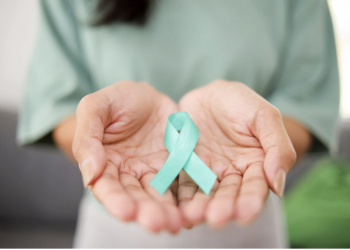DALLAS — For over 30 years, a North Texas nonprofit has been changing lives: at-risk youths without fathers in the home. Hope Farm mentors and supports boys as young as five through high school, providing literacy programs, meals, and Bible study.
Victor Neil, Vice President of Marketing and Development at Hope Farm, said, “Many of these kids have fathers who are incarcerated, have passed away, or simply aren’t involved in their lives.”
Last week, The Dallas Foundation awarded Hope Farm the $50,000 Pegasus Prize. The new funding is expected to expand the nonprofit’s reach and impact.
“Growing our capacity means we can connect with more kids who need support and guidance,” Neil stated.
“The Pegasus Prize identifies organizations tackling community issues in innovative ways,” said Vickie Allen, Chief Impact Officer at The Dallas Foundation. “These young men are part of our community’s future, and we want them to know they’re valued and supported.”
How Hope Farm Started
Gary Randle, Co-founder and Executive Director of HOPE Farm, is a retired Juvenile Investigator, Instructor, and Associate Chaplain. When he observed that most of the prisoners were African Americans without fathers in the home, Randle and long-time friend Noble Crawford co-established Hope Farm in 1990.
The mission was to create a “leadership program guiding at-risk boys to become Christ-centered men of integrity.”
According to the Tarrant County Public Health, in 2019, approximately 2.5 million children in Texas—35% of the state’s child population—lived in single-parent households. Female-led households faced significantly greater challenges, being twice as likely to experience poverty compared to male-led households and more than five times as likely as households with married couples.
“Statistically, fatherlessness is linked to higher rates of incarceration, dropping out of school, and other challenges,” said Neil. “We’re working to change that trajectory for these kids.”
At HOPE Farm, a personalized “life plan” is crafted for each boy through collaboration with parents and teachers. This plan is ensured by detailed behavioral accountability folders and regular check-ins, so that educators, HOPE Farm staff, and caregivers to guide the child’s growth and success.
Neil said, “If we can change even one life at a time, we’re breaking the cycle of fatherlessness and building a brighter future.”






